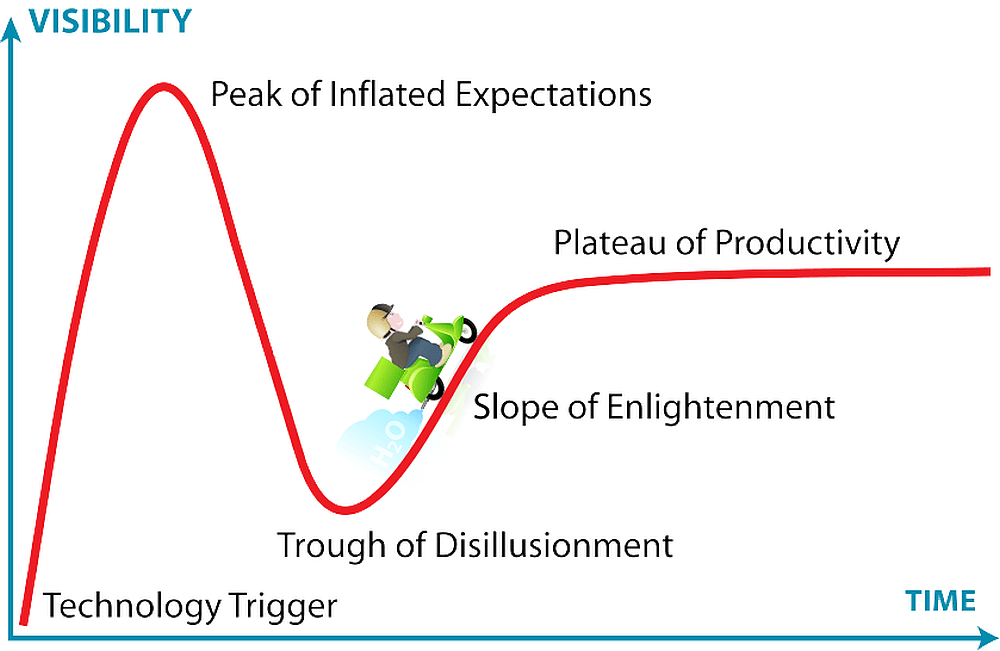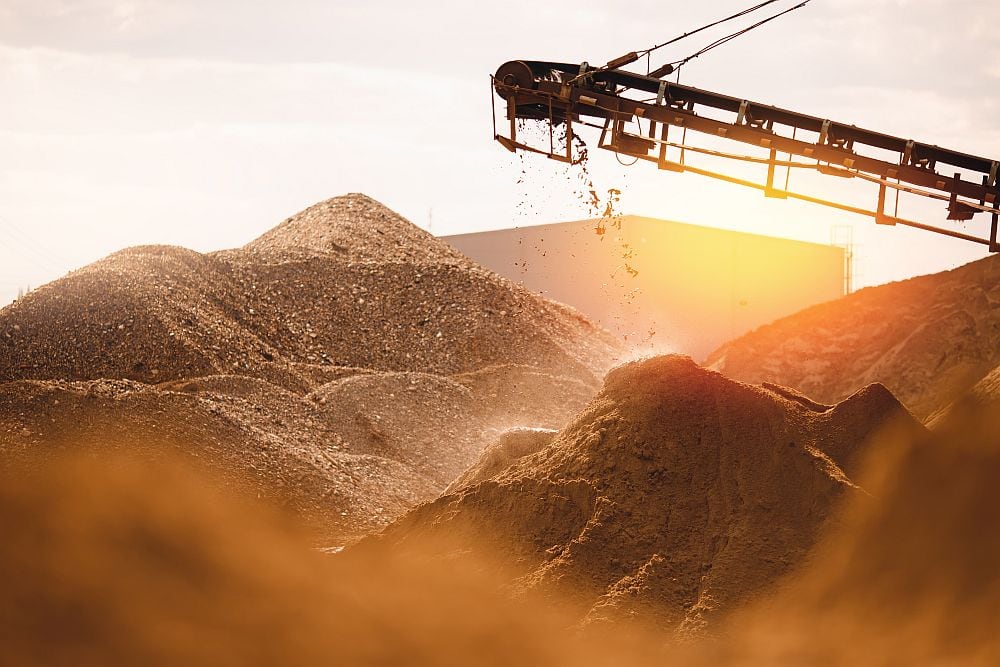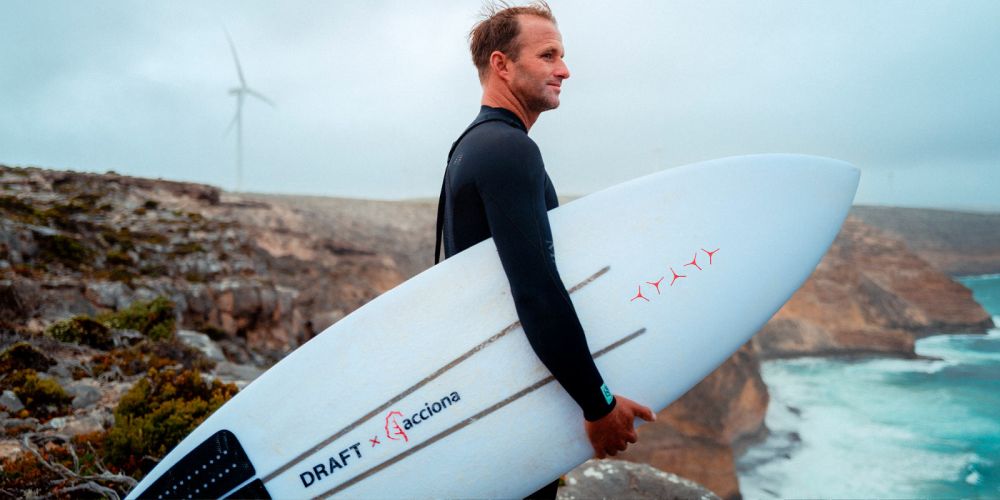
[Image above] An employee at the Mercedes-Benz Kuppenheim battery recycling factory tests for quality control in the laboratory. Credit: Mercedes-Benz
Even though growth rates have slowed, electric vehicle sales remain on track for another record year. And with new charging infrastructure and tougher emissions standards in the pipeline for 2025, the market looks good for EVs heading into the second half of this decade.
But just like with other clean energy technologies, the expansion of EVs is creating new and growing waste streams, in this case the batteries that power these vehicles. EV batteries are difficult to recycle due to variability in chemistry and form factor across different car brands. But fortunately, as of September 2023, current plans and policies to increase recycling capabilities are expected to keep pace with the growing influx of end-of-life batteries globally.
In the past few months, there have been several noteworthy developments in the EV battery recycling industry. These developments are summarized below.
Mercedes-Benz opens its own battery recycling factory
In mid-October 2024, German automotive company Mercedes-Benz announced it had opened Europe’s first battery recycling plant with an integrated mechanical–hydrometallurgical process. This plant, based in Kuppenheim, Germany, makes Mercedes-Benz “the first car manufacturer worldwide to close the battery recycling loop with its own in-house facility,” according to the company.
Compared to the more established pyrometallurgy recycling process, the integrated mechanical–hydrometallurgical process consumes less energy and produces less waste. The expected recovery rate of the new Mercedes-Benz plant is more than 96%, and the recovered materials are suitable for use in new EV batteries.
The recycling facility is being funded by Germany’s Federal Ministry for Economic Affairs and Climate Action as part of a scientific research project between three German universities. It will study the entire process chain for battery recycling, including logistics and reintegration back into the supply chain.
DOE announces funding for eight EV recycling projects
In late-October 2024, the U.S. Department of Energy announced $44.8 million in funding from the Bipartisan Infrastructure Law for eight projects that will lower costs of recycling electric vehicle batteries and battery components.
- B2U Storage Solutions Inc. (Los Angeles, Calif.) will design and demonstrate a low-cost, reusable, stackable, fire-resistant, compliant, and real-time monitored system for transporting second-life and defective, damaged, or recycled EV batteries.
- Caterpillar Inc. (Chillicothe, Ill.) will develop a new or improved battery pack design for off-highway vehicle batteries to enable a more efficient dismantling process, as well as explore innovative technologies aimed at reducing labor time needed for dismantling.
- General Motors LLC (Pontiac, Mich.) will develop and demonstrate an automatic sorting and de-hazarding system for end-of-life EV batteries, with an aim of developing techniques that can be used by automotive recyclers, dealers, and mechanic shops.
- ReJoule Inc. (Signal Hill, Calif.) will develop and scale a technology for EV battery diagnostics that checks for system-level safety hazards and detects damage or defects at the point of collection.
- Rochester Institute of Technology (Rochester, N.Y.) will develop and demonstrate a process that accelerates condition assessment of collected EV batteries and semi-automates dismantling of end-of-life EV batteries using machine learning.
- Siemens Corporate Technology (Princeton, N.J.) will demonstrate an automated approach for battery disassembly to reduce costs while maintaining the flexibility to handle a variety of types of packs.
- Tennessee Technological University (Cookeville, Tenn.) will design and validate innovative compact mobile preprocessing hubs that can be transported and deployed at local collection points to safely dismantle and shred end-of-life EV batteries.
Munich-based startup raises €11 million to expand recycled lithium production
In early November 2024, battery recycling startup Tozero closed an oversubscribed €11 million seed round that welcomed automotive giant Honda and global infrastructure engineering giant JGC Group as new investors. This fresh capital will be used to build Tozero’s first industrial deployment plant, boosting the company’s lithium-ion battery waste processing capabilities from nine metric tons per day to “unlimited capacity” in the coming years.
Tozero was founded in 2022 by serial entrepreneur and mechanical engineer Sarah Fleischer and metallurgy expert Ksenija Milicevic Neumann. The company uses a proprietary hydrometallurgical process to recover lithium, nickel, cobalt, manganese, and graphite from end-of-life batteries.
Tozero recently completed a pilot project with Circular Republic, demonstrating a stable lithium recovery rate hitting the 2031 European Union recovery target of 80%. Following the new funding, Tozero is on track to process 30,000 metric tons of battery waste annually by 2026 onwards, “setting a new standard for sustainable battery recycling,” according to the company press release.
Author
Lisa McDonald
CTT Categories
- Market Insights
- Transportation


